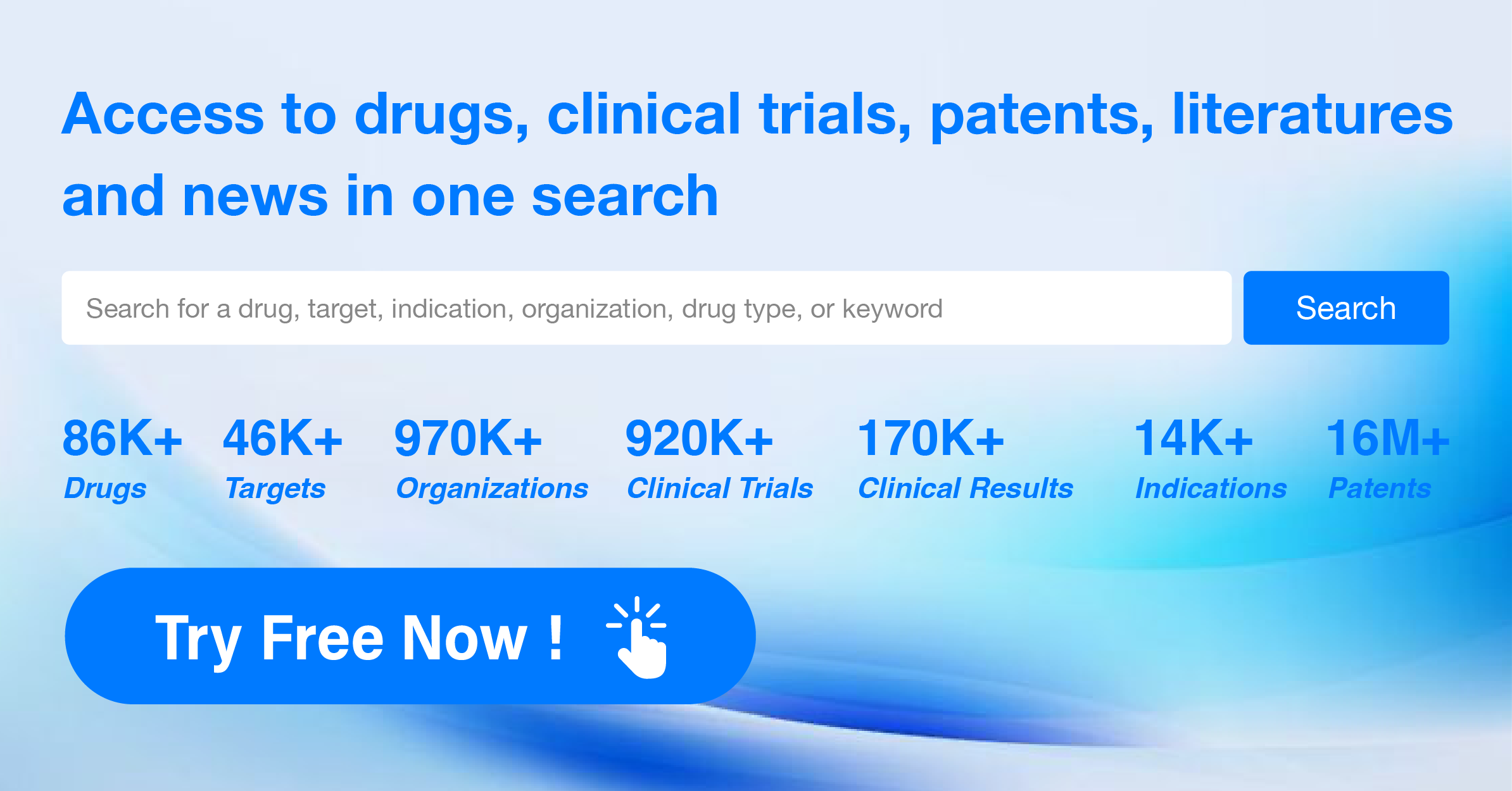Medicenna Showcases Recent Findings on MDNA11's Solo Anticancer Efficacy from Phase 1/2 ABILITY-1 Study's Escalation and Expansion Phases
In a recent clinical study, two patients with advanced cancers, one with melanoma and the other with pancreatic cancer, experienced a complete disappearance of their targeted tumors. This outcome is part of four partial responses observed in the trial, which included two out of four patients undergoing a dosage expansion and two with high microsatellite instability (MSI-H). Additionally, three melanoma patients maintained stable disease for durations ranging from six to eighteen months, with their tumors also shrinking during this period. The response rate to the treatment increased to 29%, and the clinical benefit rate rose to 50%, indicating that the drug MDNA11 is showing significant standalone effectiveness. This was noted in the ABILITY-1 study, which involved patients who had not responded to previous checkpoint inhibitor treatments.
MDNA11 has proven to be generally safe, with no reported dose-limiting toxicities or vascular leak syndrome across all dosage escalation groups. Medicenna, the company behind the drug, asserts that the data reinforces MDNA11's distinct and promising therapeutic activity, safety, pharmacodynamics (PD), and pharmacokinetics (PK) profile for patients with advanced solid tumors who have exhausted other treatment options. The company presented these results at the 2024 Annual Meeting of the American Association for Cancer Research (AACR) in San Diego. The findings from the monotherapy dose escalation and expansion parts of the ABILITY-1 study, as of March 22, 2024, showed an acceptable safety profile for MDNA11. The majority of treatment-related adverse events were mild to moderate and resolved quickly, with no severe or fatal events reported.
Encouraging anti-tumor activity was observed in patients resistant to immune checkpoint inhibitors, with four patients showing partial responses. Three metastatic melanoma patients also demonstrated durable stable disease with shrinking tumors for over six months. MDNA11 has shown a potent effector immune profile, expanding cytotoxic T cells and natural killer (NK) cells while minimally affecting immunosuppressive Tregs. The monotherapy expansion is ongoing, enrolling more patients with specific types of cancer, and combination dose escalation has begun. Further details and presentations are available on Medicenna's website.
MDNA11 is a novel long-acting interleukin-2 (IL-2) Superkine designed to preferentially activate immune cells that target cancer cells while avoiding stimulation of Tregs. It is currently in Phase 1/2 trials, both as a monotherapy and in combination with pembrolizumab.
Medicenna is focused on developing selective versions of IL-2, IL-4, and IL-13 Superkines, as well as first-in-class Empowered Superkines, aiming to enhance the treatment of various cancers. The company's bizaxofusp has been studied in several clinical trials and has received FastTrack and Orphan Drug status from regulatory agencies. Medicenna's BiSKITs and T-MASK programs aim to improve the efficacy of Superkines against "cold" tumors.
How to obtain the latest research advancements in the field of biopharmaceuticals?
In the Synapse database, you can keep abreast of the latest research and development advances in drugs, targets, indications, organizations, etc., anywhere and anytime, on a daily or weekly basis. Click on the image below to embark on a brand new journey of drug discovery!




